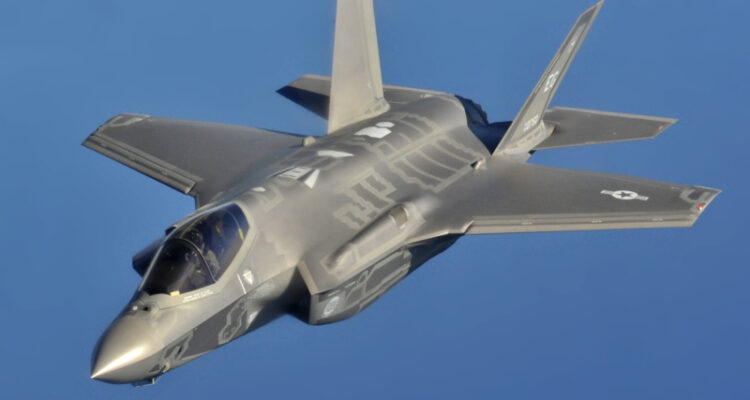Agreement with the UAE may lead to a military alliance with the Gulf states, bu no F-35 jets for the Arabs.
By Paul Shindman, World Israel News
The agreement for Israel and the United Arab Emirates to establish diplomatic relations may be paving the way to an Israeli-Arab military alliance in the Gulf, Channel 11 reported Tuesday.
The head of the Mossad intelligence agency, Yossi Cohen, who traveled to the Emirates over the weekend for talks with Emirati officials, discussed security cooperation as part of the memorandum of understanding between the countries that is expected to be signed at the White House in the coming weeks.
A document from the Ministry of Intelligence obtained by Channel 11 maps the possible collaborations between the two countries and the field of security appears at the top of the list.
The document states that the normalization agreement makes it possible to promote a military alliance between the Gulf states, including cooperation in securing the Red Sea. The water body is a strategic international shipping lane connected to the Suez Canal, but threatened at the Bab-el-Mandeb Strait by Iran-backed rebels in Yemen.
Israeli military supply companies are also interested in the Arab Gulf states to increase defense exports.
After reports in the Hebrew media indicated the peace move would allow the U.S. to sell the advanced F-35 stealth fighter jet to the Arabs, Prime Minister Benjamin Netanyahu’s office issued a firm denial.
“The peace agreement with the UAE does not include any article on the matter and the U.S. made clear to Israel that it will always make sure to protect Israel’s qualitative edge,” the statement said.
Intelligence Minister Eli Cohen said the issue of arms sales went both ways.
“Israel’s policy is to maintain its military advantage in the region. That is also our demand of the U.S. It must respect the request. The U.S. also asks us not to sell weapons we have to other countries and we respect that,” Cohen said.
Meanwhile, officials in Oman said in closed talks that they would not join the normalization process with Israel due to fear of public opinion there. Omani leader Hitam bin Tarek has been in office for less than a year and is not thought to be able to make such a dramatic move at this stage, Channel 11 reported.





